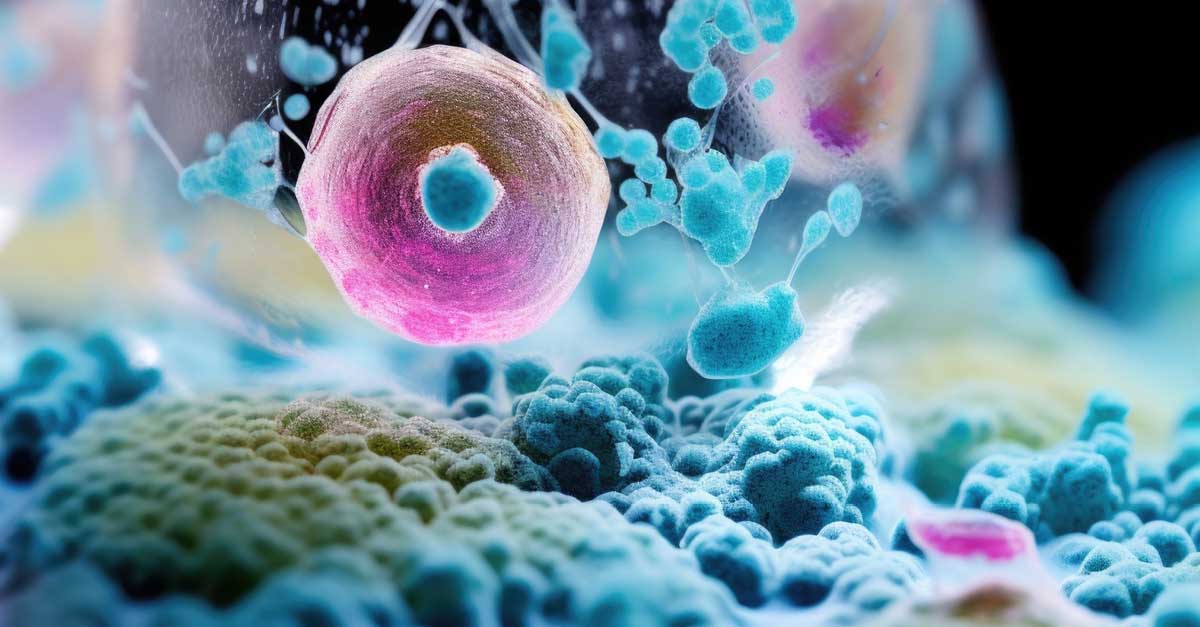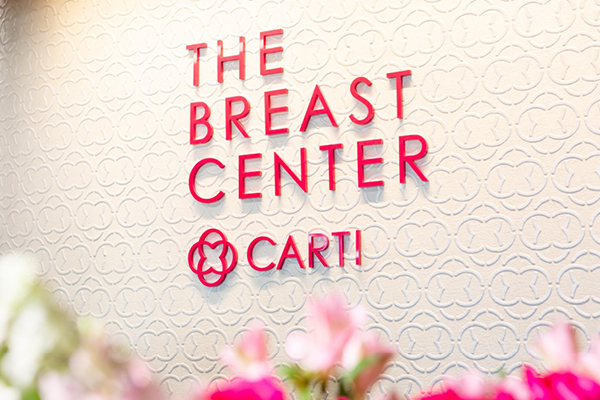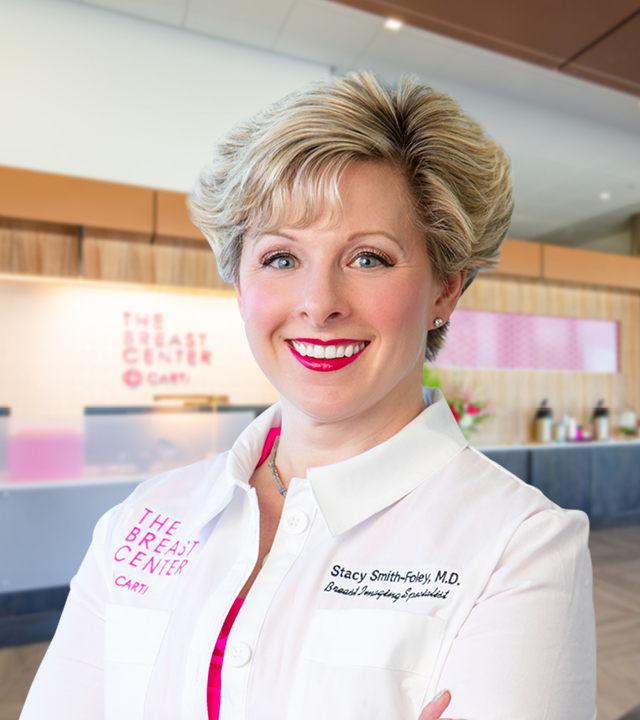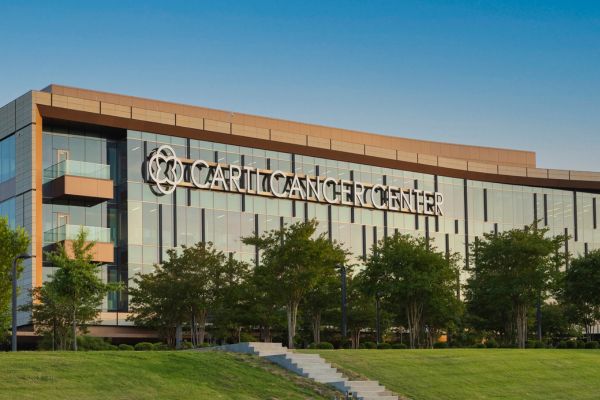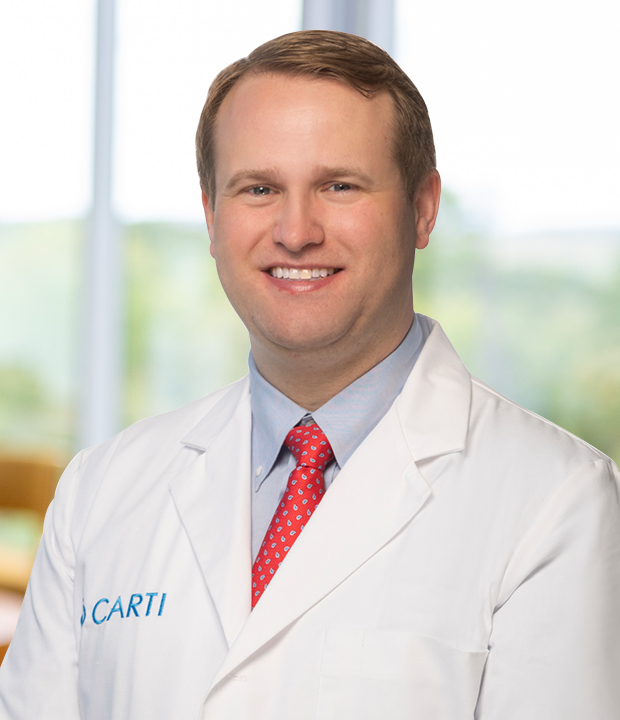Are You High Risk for Cancer? How to Find Out

Understanding a patient’s risk for developing cancer may seem as simple as looking at their family history – but for some, that’s not the case. The presence of genetic mutation doesn’t necessarily mean that they will develop cancer, and the absence of one doesn’t mean they won’t. At CARTI’s Cancer Genetics and Risk Management Clinic, our team develops a full risk profile for patients by taking a close look at a variety of genetic factors.
What makes a patient high risk for breast cancer?
A patient’s risk for breast cancer is determined by examining their family history, medical history and testing for cancer-causing genetic mutations.
How can I find out what my risk is?
CARTI’s genetic counseling team will look at a patient’s risk factors and use testing to determine if any cancer-causing genetic mutations are present. Our experts use the most advanced, up-to-date technology and testing methods to ensure the most thorough and accurate results.
If I don’t have a gene mutation, does that mean I’m not high risk?
While a gene mutation can increase a patient’s risk for developing cancer, it doesn’t have to be present – only 10% of patients who develop breast cancer actually have a gene mutation. Factors like family history, breast tissue density, the age a patient started menstruating and more can contribute to their risk factor. Any patient with a 20% risk or higher is considered high-risk.
What happens if I’m identified as high risk?
Management will look different for every patient, and is highly dependent on what kinds of risk factors they display. After assessing these factors and conducting any necessary tests, genetic counselors at CARTI sit down with patients to create a risk management plan that’s tailored to their needs.
If I’m found to be high risk, how can I manage it?
Many patients will undergo MRI or ultrasound imaging, providing a closer look at their breast tissue so doctors can more easily detect abnormalities. Because some patients will be experiencing these types of exams for the first time, CARTI prioritizes comfort and convenience throughout the process.
Who should consider genetic testing?
Patients with the following should consider genetic testing:
- Cancer diagnosed at an unusually young age (e.g. breast or colon cancer before age 50)
- Multiple close family member with the same type of cancer or related cancers
- Two or more primary cancer diagnoses in the same individual
- Rare cancers or unusual tumors
- Presence of other features associated with an inherited cancer syndrome (e.g. multiple colon polyps)
Knowing your risk factors is important, but talking with a professional will ultimately be what officially determines what your risk level is. Schedule an appointment at CARTI’s Cancer Genetics and Risk Management Clinic today.

